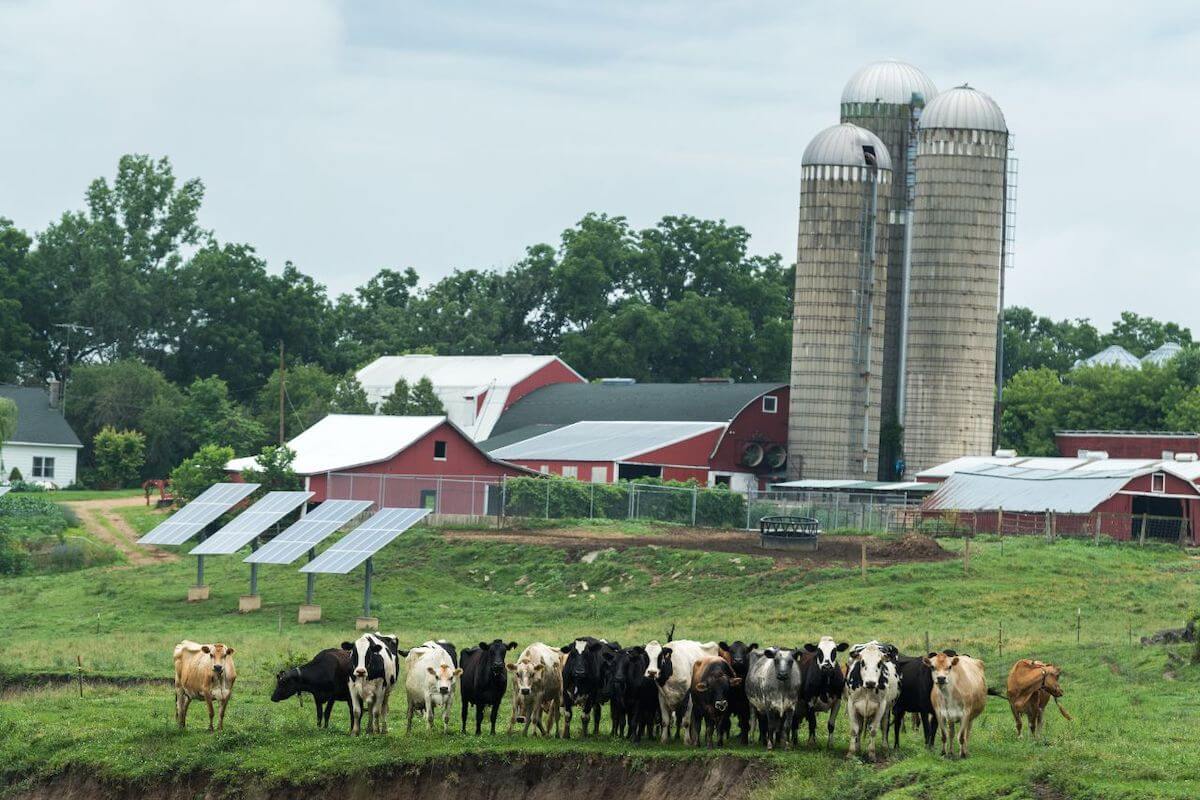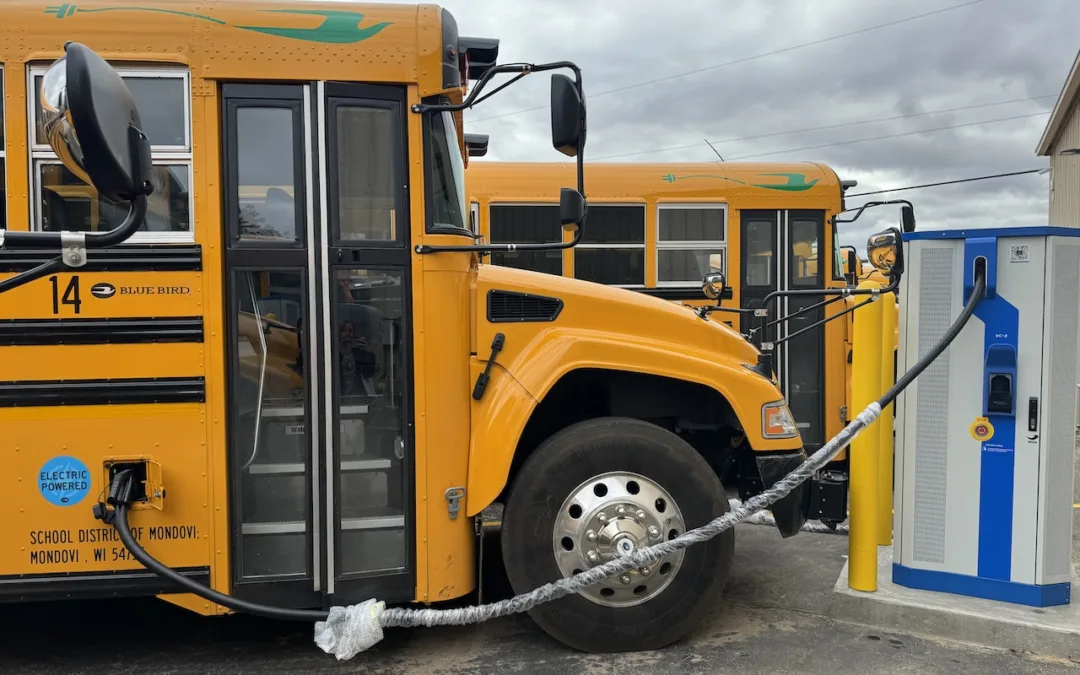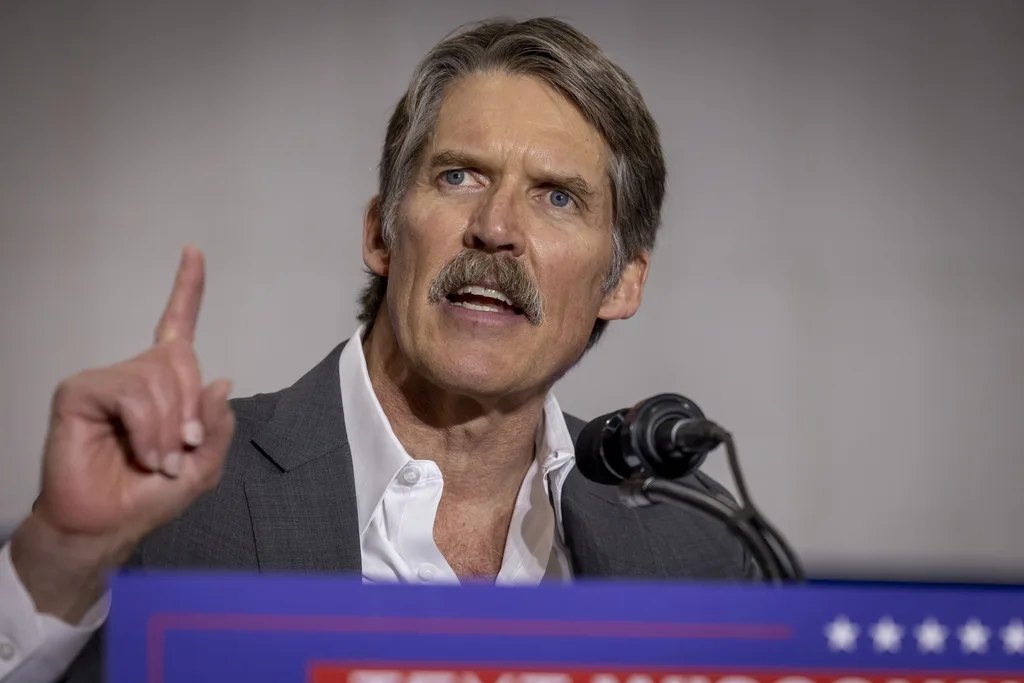
#image_title
#image_title
Republican Assembly Speaker says more listening is what’s needed for rural WI
Less than 24 hours after Gov. Tony Evers highlighted the state’s farming crisis in his State of the State address Wednesday night, the Assembly’s top Republican said his house will not hold a special session next week, meaning the $8.6 million package of bills Evers proposed could be going nowhere fast.
“The Assembly will not be on the floor next week,” said Assembly Speaker Robin Vos, R-Rochester, in a statement Thursday. “The bills will be referred to committee and hearings will be held. We are currently reviewing the legislation and gathering input from farmers, including farmers from our own caucus … it is important that we continue to listen to Wisconsinites who live in our rural communities before moving forward on anything.”
Evers called for the Republican-controlled Legislature to hold a special session next week due to the increasing number of small dairy farms declaring bankruptcy and a correlating increase in mental health issues and a suicide rate among farmers. Specifically, the state lost roughly 800 dairy farms last year and continues to lose two farms a day, Evers said. In all, the state has lost one-third of its dairy farms between 2011 and 2018.
Vos’ announcement could signal this package of bills is headed for the same fate as the special session Evers called for in November to address gun safety. The leaders gaveled in and gaveled out the session without debating a single bill.
“From our vantage point, it was really encouraging to hear Evers talk about this at the State of the State,,” said Adam Warthesen, director of government and industry affairs with Organic Valley, a dairy cooperative with more than 1,800 dairy farms nationally, including 400 in Wisconsin. “This is the right conversation to be having right now. It would be unfortunate if partisan politics were to win the day and we don’t get anything done.”
The eight bills introduced by Evers would, among other things, aim to increase Wisconsin dairy exports to 20 percent of the country’s milk supply by 2024 and hire more staff at the state Department of Agriculture and Consumer Protection. Those newly created positions would include a business specialist to assist farmers in considering different farming practices and diversification strategies, an outreach specialist to provide additional marketing, and staff to provide financial and consulting services for farmers.
Another bill would give preference to small dairy processing plants when awarding grants, a move Warthesen said would be helpful. He said it is his understanding that there are more dairy processors applying for grants than there is money available. Warthesen also said the effort by Evers to hire more DATCP staff is helpful for small farmers.
“You can’t get the work done without people to run point on it,” Warethesen said. “ If we need people to invigorate the agricultural sector, then we need more people to help us get that done.”
John Peck is an economics professor with Madison College and the executive director of Family Farm Defenders, a non-profit that advocates for small farmers. He compared the state’s $4 billion financial investment to bring Foxconn to Wisconsin on what so far has turned out to be a failed promise to create 13,000 jobs to what comparatively looks like minimal effort, or $8.6 million, to keep existing small businesses in the form of small farmers afloat.
“The state was willing to invest money to create all these mythical jobs and now it looks like we are just willing to let these family-owned, small businesses go by the wayside,” Peck said. “That’s not something to be proud of.”
He said the crisis in rural Wisconsin is beyond the point of being fixed by a task force and even a special session. He said large, state-subsidized concentrated animal feeding operations, or CAFOs, need to stop being permitted. As those farms increase in numbers, small family farms decrease in numbers, he said.
“We need a statewide agenda that we want more small farms,” Peck said. “We need to draw a line in the sand. No net loss of our farms.”
Politics

Plugged in: How one Wisconsin school bus driver likes his new electric bus
Electric school buses are gradually being rolled out across the state. They’re still big and yellow, but they’re not loud and don’t smell like...

What’s the difference between Eric Hovde and Sen. Tammy Baldwin on the issues?
The Democratic incumbent will point to specific accomplishments while the Republican challenger will outline general concerns he would address....
Local News

Stop and smell these native Wisconsin flowers this Earth Day
Spring has sprung — and here in Wisconsin, the signs are everywhere! From warmer weather and longer days to birds returning to your backyard trees....

Your guide to the 2024 Blue Ox Music Festival in Eau Claire
Eau Claire and art go hand in hand. The city is home to a multitude of sculptures, murals, and music events — including several annual showcases,...


